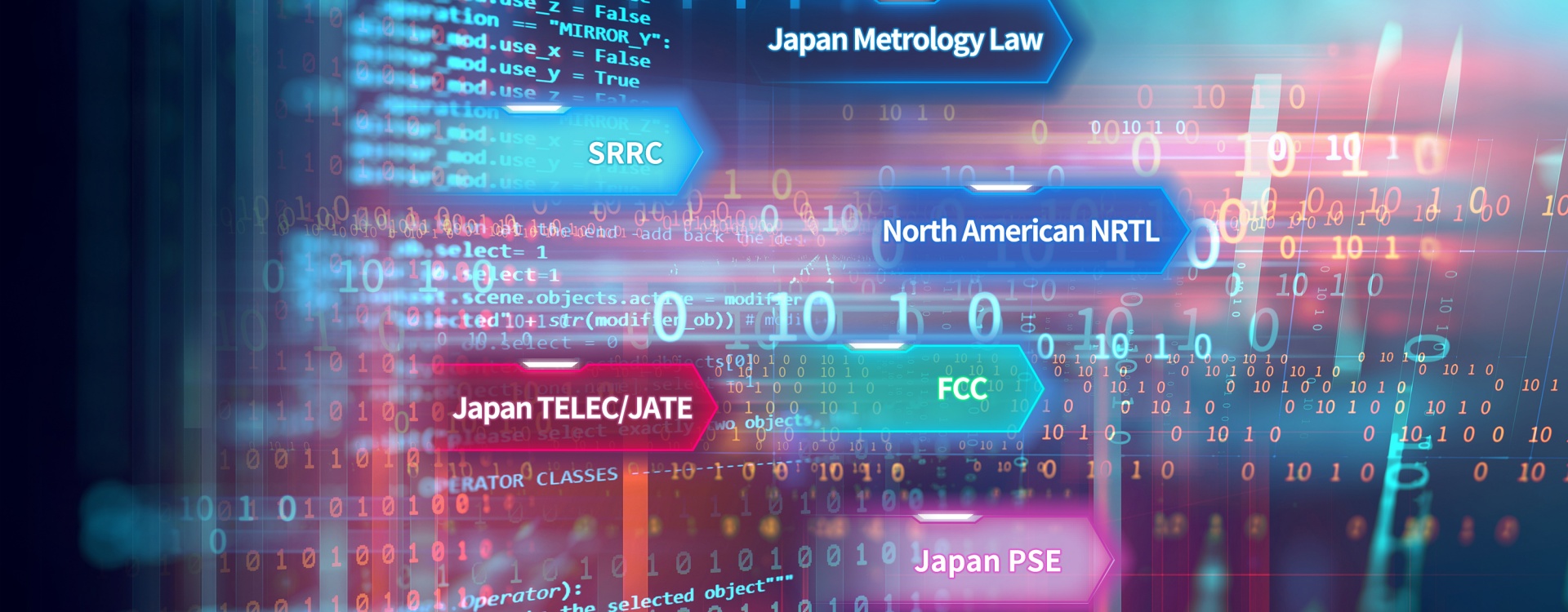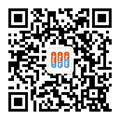I will help you understand the FCC certification standards and procedures for home appliance products

The application for FCC/ISED certification for household appliance products requires compliance with their certification standards and process requirements. The FCC/ISED certification process is abbreviated as SDoC (supplier‘s Declaration of Conformity) in English. But we commonly refer to it as Certification, also known as FCC ID or IC ID.
List of FCC/ISED certification standards and processes for household appliance products
What is SDoC certification?
SDoC: The supplier claims to comply with the technical specifications of FCC/ISED. Self claims are not arbitrary claims, but rather the product must be tested to meet the limit requirements, and the product label, instruction manual, importer, and product technical information must meet the requirements of the SDoC process before self claims can be made.
2. What is FCC ID certification?
FCC ID: Product testing needs to be conducted in a laboratory recognized by FCC, and test reports and technical materials should be provided to TCB for review before issuing an ID certificate.
3. What is IC ID certification?
IC ID: For certification of wireless products in Canada, testing needs to be conducted in an ISED recognized laboratory, and reports and technical information should be provided to CB (Certification Body) for review before issuing an ID certificate.
4. Exemption clauses for some household appliance products
1. Products with internal operating frequency or generated
operating frequency ≤ 9 kHz are not defined as digital products and are exempt from the requirements of FCC Part 15.
operating frequency ≤ 9 kHz are not defined as digital products and are exempt from the requirements of FCC Part 15.
According to Article 15.103 (h) of FCC Part, battery powered equipment with a working frequency less than 1.705 MHz can be exempted from the requirements of FCC Part 15.
According to Article 15.103 (d) of FCC Part, digital circuits used in certain household appliances can be exempted from the requirements of FCC Part 15. At the same time, this clause extends to KDB 772105 for further clarification, and KDB 772105 is summarized as follows:
a. Equipment that helps people with household chores or directly regulates the water or air conditions in their homes can be exempted. However, household appliances that use radio frequency energy for operation cannot be exempted. For example, electromagnetic ovens, microwave ovens, ultrasonic humidifiers, and microwave therapy devices are not exempt from industrial, commercial, or medical equipment categories.
b. Exemption only applies to household appliance functions, and other functions are not exempted. For example, a food mixer with video teaching function can be exempted from the food mixing function, but cannot be exempted from the video function. A coffee machine with wireless control function can be exempted from the coffee machine function, but cannot be exempted from wireless function.
c. Exemption only applies to digital circuits included in the host of household appliances, and does not exempt external wiring controllers or circuits with communication and control functions such as remote controls connected through cables. For example, external wiring controllers for air conditioning cannot be exempted.
5. Labeling requirements for household appliances
According to the requirements of KDB 89681, household appliance products that have passed the SDoC process evaluation can voluntarily display the FCC logo, and exempt household appliance products cannot display their own FCC logo. Only when one condition is met can the FCC label be labeled. Exempted household appliances can only be voluntarily labeled with the FCC logo after passing the SDoC process evaluation.
Deep Light Standard has a strong team of technical experts and research teams, constantly keeping abreast of the latest developments and technical requirements in domestic and international certification, and can design optimal certification solutions for your products. The above is an introduction to the FCC certification standards and processes for household appliances according to the Deep Light standard. If you have any needs in this regard, please feel free to contact us for consultation!
Recommended items
-

Introduction to FCC Fundamentals
Electronic communication products such as radio, television, satellites, telecommunications, and cables entering the US market require FCC certification. The full name of FCC is the Federal Communications Commission of the United States, which is an important government agency responsible for managing and authorizing the use of radio and electronic devices....View more -

Analysis of 6 FCC certification requirements for Citizens Broadband Radio Services
In 2015, the Federal Communications Commission approved a shared frequency commercial rule Citizens Broadband Radio Services communication system working in the 3.55GHz~3.7GHz band (3.5GHz band, a total of 150MHz band width). ...View more -

Six major testing FCC certification items for Wifi products
There are more and more WIFI products, and the development of mobile communication technology has prompted more and more composite devices to appear on the market, such as 3G wireless routing devices, which have both 3G and WiFi functions, and use 3G as high-speed network access....View more




